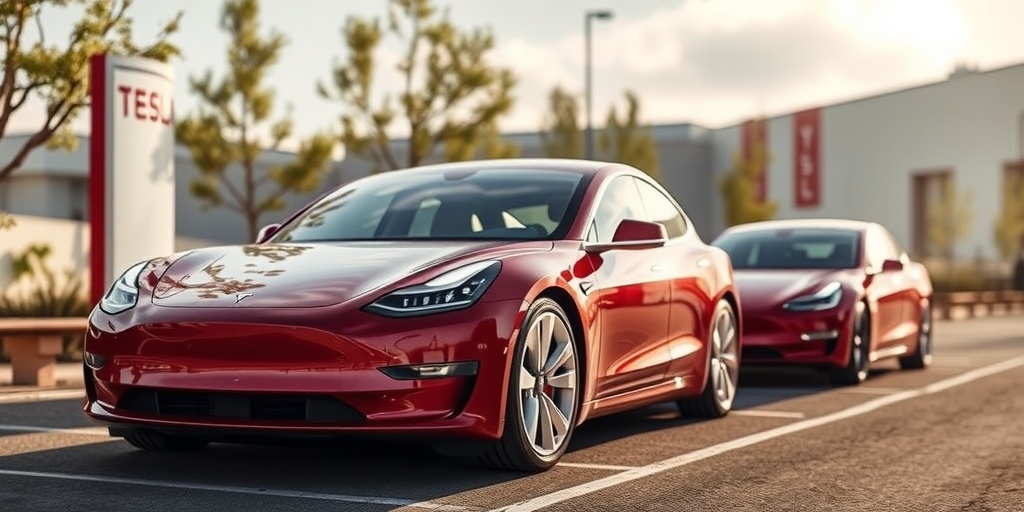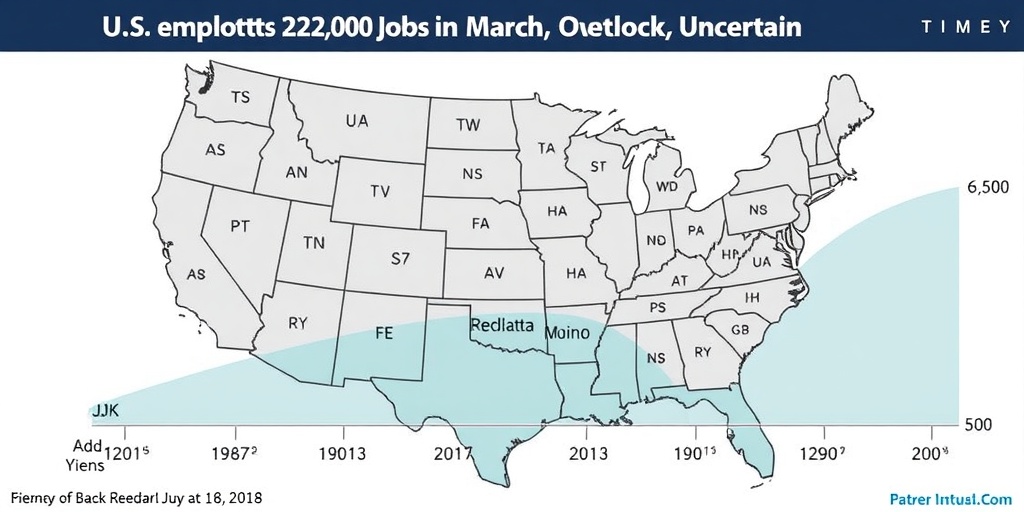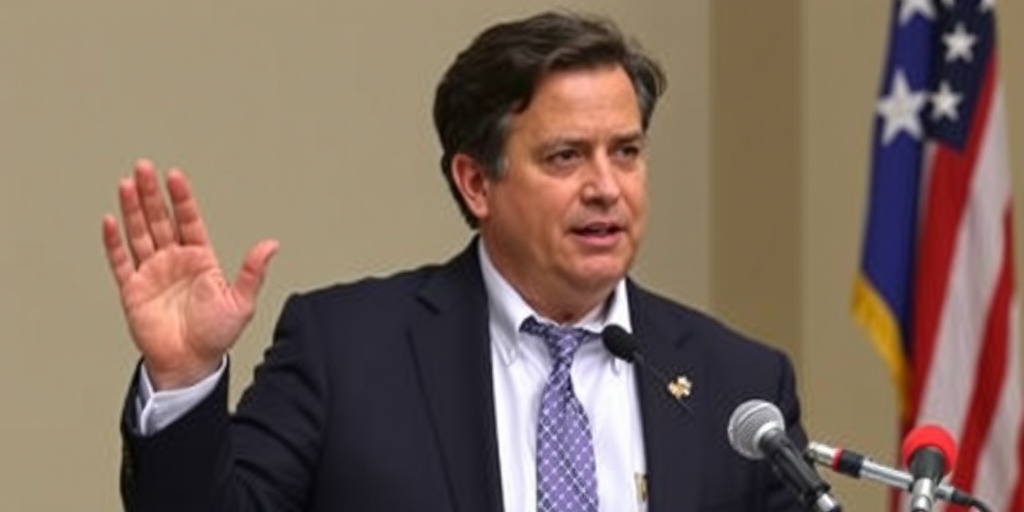Now Reading: Tesla Sales Decline Even in E.V.-Friendly Regions
-
01
Tesla Sales Decline Even in E.V.-Friendly Regions
Tesla Sales Decline Even in E.V.-Friendly Regions

Tesla Faces Sales Decline in Norway and Beyond Amid Shifting Consumer Sentiment
Tesla, a leader in the electric vehicle (EV) market, is experiencing a concerning decline in sales in Norway, a country renowned for its commitment to electric cars. While electric vehicles make up over 90 percent of new car sales in Norway, Tesla’s sales have dipped by more than 12 percent this year. As the company prepares to report its worldwide sales for the first quarter, analysts anticipate a significant drop in deliveries compared to the same period last year.
Norway has long been viewed as a bellwether for the global electric vehicle market due to its highly sophisticated and environmentally conscious consumers. However, troubling trends are emerging. In addition to the decline in Tesla sales in Norway, initial sales figures for the first quarter in other European countries such as Denmark, France, the Netherlands, and Sweden show even more severe drops. As consumers start to reconsider their loyalty to the brand, analysts point to several underlying factors fueling this decline.
One major issue is the growing backlash against Elon Musk, Tesla’s CEO. As Musk has aligned himself more closely with right-wing politics and taken a prominent role in Donald Trump’s administration, some consumers have expressed discomfort with the company’s leadership. A notable segment of predominantly left-leaning electric vehicle buyers are finding it increasingly difficult to reconcile their eco-friendly values with Musk’s political stances.
Geir Rognlien Elgvin, a prominent urban planner in Oslo, serves as a case study for this shift in sentiment. After purchasing his first Tesla in 2013 and experiencing firsthand the company’s innovative technology, Elgvin’s enthusiasm has waned amid Musk’s political involvement and concerns about data security. “I would never drive a Tesla again,” he stated, emphasizing ethical considerations as a driving force behind his decision to sell his Tesla for a battery-powered cargo bike and a shared electric Volkswagen.
Previously, Tesla dominated the Norwegian market, claiming nearly 25 percent of car sales last year, far outpacing competitors. However, in the early months of this year, the company fell to third place in overall sales, trailing behind Volkswagen and Toyota. The company’s market share has plummeted to just 9 percent in early 2024, a striking drop considering it accounted for over 25 percent the previous year.
Several factors contribute to Tesla’s challenges in this vital market. The company heavily relies on just two models—the Model Y SUV and the Model 3 sedan—for a substantial portion of its sales. The Cybertruck, Tesla’s much-anticipated pickup truck, has also suffered delays and recalls, leading to disappointment among consumers.
Traditional automakers are closing the gap on Tesla by delivering a broader array of electric vehicles that cater to various consumer preferences. Names like Volkswagen, Volvo, and BMW, as well as several Chinese brands such as BYD and Xpeng, are now offering competitive models that challenge Tesla’s previous edge in technology and range. According to Felipe Munoz, a global analyst at JATO Dynamics, “Tesla pretty much all these years has been alone in Europe and the U.S. That’s not the case anymore.”
Consumer behavior may also indicate a waiting game, as some potential buyers hold off for an upgraded version of the Model Y, which began deliveries in March. A slight sales drop of just 1 percent in March might reflect this trend. However, the sales figures tell a more complex story: registrations for the older Model Y plummeted by 56 percent, while the updated Model 3 saw a 14 percent decline in February, even as overall EV sales in Europe surged by 25 percent.
Public opinion regarding Musk’s political affiliations has further muddied Tesla’s reputation, especially in Europe, where many electric vehicle buyers lean left. Protests have emerged at Tesla dealerships, reflecting broader frustrations with the company’s leadership and its perceived betrayal of its initial commitment to sustainable transport.
Andrea Fresk, a resident of Son, Norway, encapsulates the sentiment many current Tesla owners are grappling with. After initially embracing her Tesla, she began to feel shame about her ownership once Musk’s political dealings became prominent. “It became really hard to defend having this car,” she remarked, reflecting a similar story shared by many of her peers. Despite her reluctance to replace the vehicle, the evolving narrative around Tesla is causing her, and many like her, to reconsider their loyalty.
Interestingly, despite these challenges, sales at Rebil, Norway’s largest used-car dealer, indicate that while prices have dropped due to an influx of Tesla trade-ins, demand remains strong. Salesman William Oestby noted that even amidst “Tesla Shame,” the car’s specifications often outshine those of competitors, making them an appealing option for buyers.
As Ford, BMW, Mercedes-Benz, and other automakers prepare to launch new electric models incorporating advanced battery technology and features later this year, Tesla’s market position may face even more pressure. With increasing competition, the road ahead will be crucial for Tesla as it grapples with both market dynamics and changing consumer sentiments influenced by its leadership’s actions.
In conclusion, Tesla’s future in Norway and beyond hangs in the balance as it navigates these challenges. The company’s declining sales reflect a significant shift in consumer attitudes toward electric vehicles, emphasizing the importance of ethical considerations and political affiliations in today’s automotive market.
Stay Informed With the Latest & Most Important News
Previous Post
Next Post
-
 01New technology breakthrough has everyone talking right now
01New technology breakthrough has everyone talking right now -
 02Unbelievable life hack everyone needs to try today
02Unbelievable life hack everyone needs to try today -
 03Fascinating discovery found buried deep beneath the ocean
03Fascinating discovery found buried deep beneath the ocean -
 04Man invents genius device that solves everyday problems
04Man invents genius device that solves everyday problems -
 05Shocking discovery that changes what we know forever
05Shocking discovery that changes what we know forever -
 06Internet goes wild over celebrity’s unexpected fashion choice
06Internet goes wild over celebrity’s unexpected fashion choice -
 07Rare animal sighting stuns scientists and wildlife lovers
07Rare animal sighting stuns scientists and wildlife lovers





















